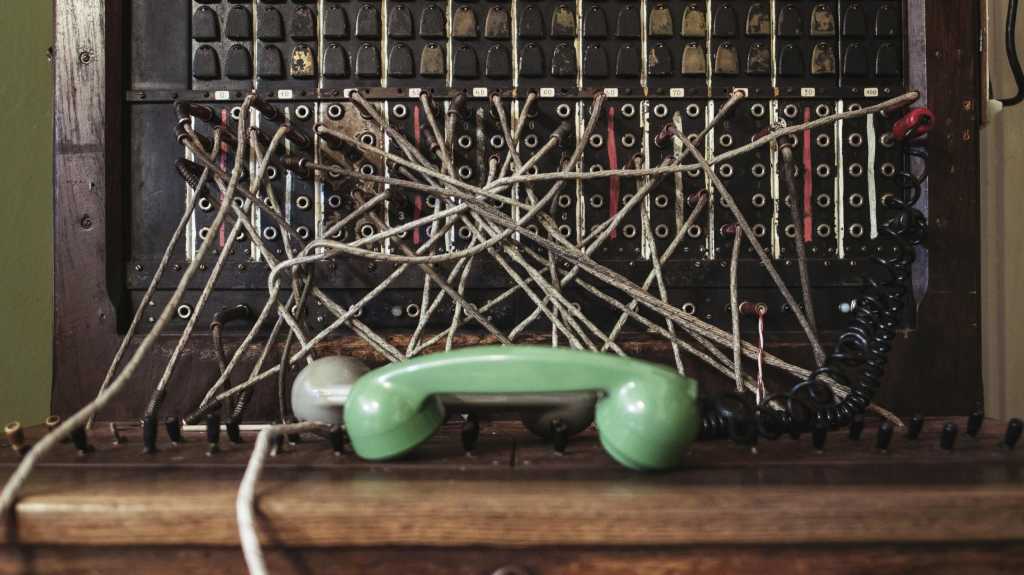
A growing concern has emerged within the academic community regarding the integrity of the peer review process. Recent findings suggest that some researchers may be employing a novel — and controversial — tactic to influence the outcomes of peer reviews: embedding hidden prompts in their research manuscripts that are intended to manipulate AI-powered review tools into providing favorable evaluations.
These prompts, while invisible to the casual reader, can be detected and interpreted by artificial intelligence systems increasingly utilized by journals and institutions to streamline the peer review process. These tools are designed to assist human reviewers by analyzing elements such as clarity, coherence, novelty, and methodology of academic papers.
However, researchers are allegedly taking advantage of the AI’s sensitivity to language cues by inserting covert instructions or positive framing within footnotes, metadata, or subtly phrased text. The goal appears to be steering the AI toward more complimentary assessments, potentially increasing the chances of paper acceptance or favorable peer commentary.
This practice poses major ethical challenges. The peer review process is a cornerstone of academic credibility, ensuring that research is objectively evaluated before publication. The use of hidden text to influence AI reviewers could undermine the fairness and integrity of the system, creating a situation where papers are judged not solely on their scientific merit, but on how effectively they manipulate the review mechanism.
Scholars and editorial boards have begun discussing countermeasures, including the development of more robust AI models capable of detecting and ignoring manipulative prompts. There is also talk of implementing stricter guidelines regarding the structure and formatting of submitted papers, as well as conducting audits on suspicious submissions.
While AI has the potential to make the peer review process more efficient, the discovery of these hidden prompts underscores the ongoing need for vigilance, ethical compliance, and human oversight in academic publishing. As technology evolves, so must the systems in place to ensure its responsible and fair use within scholarly communication.
Source: https:// – Courtesy of the original publisher.








